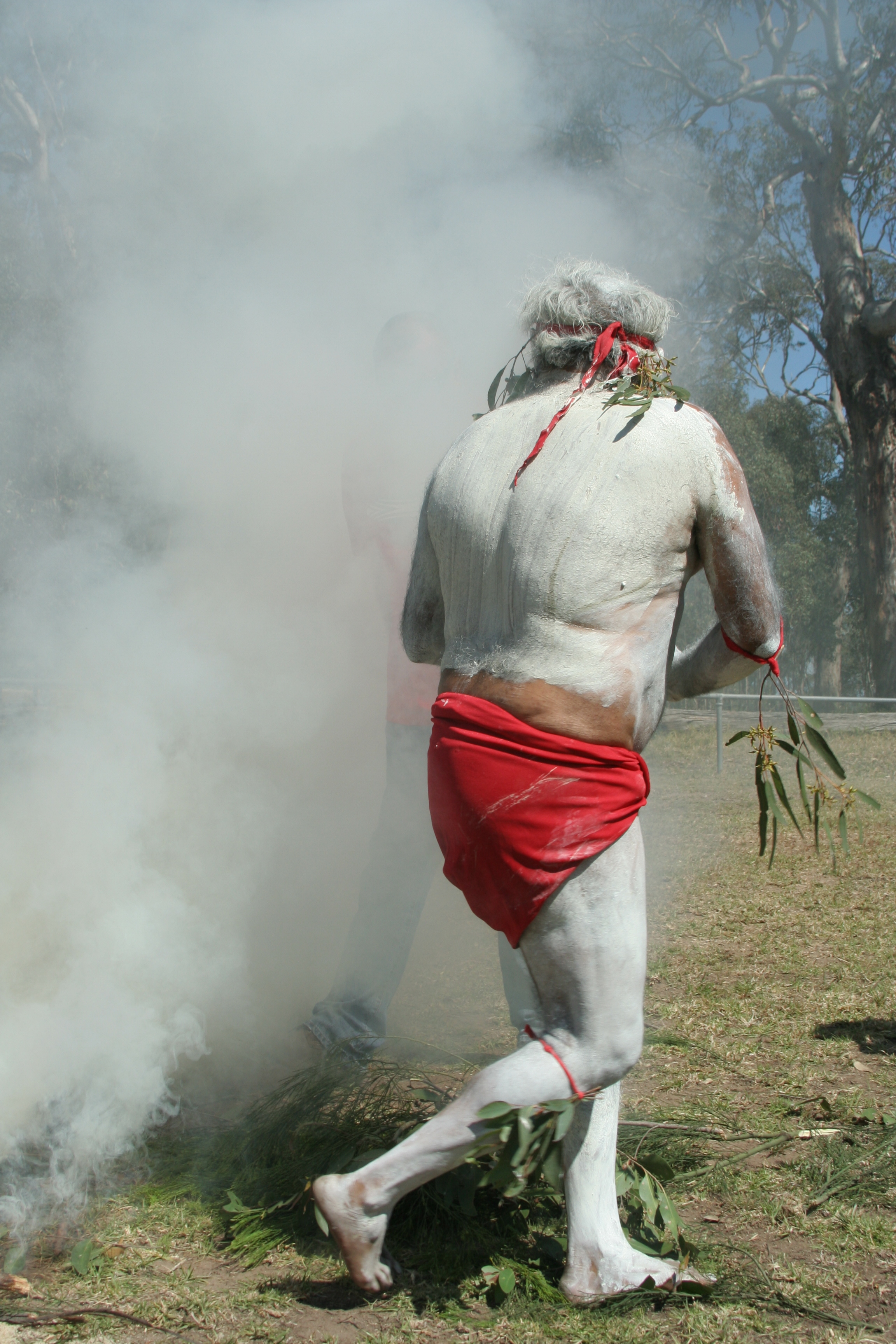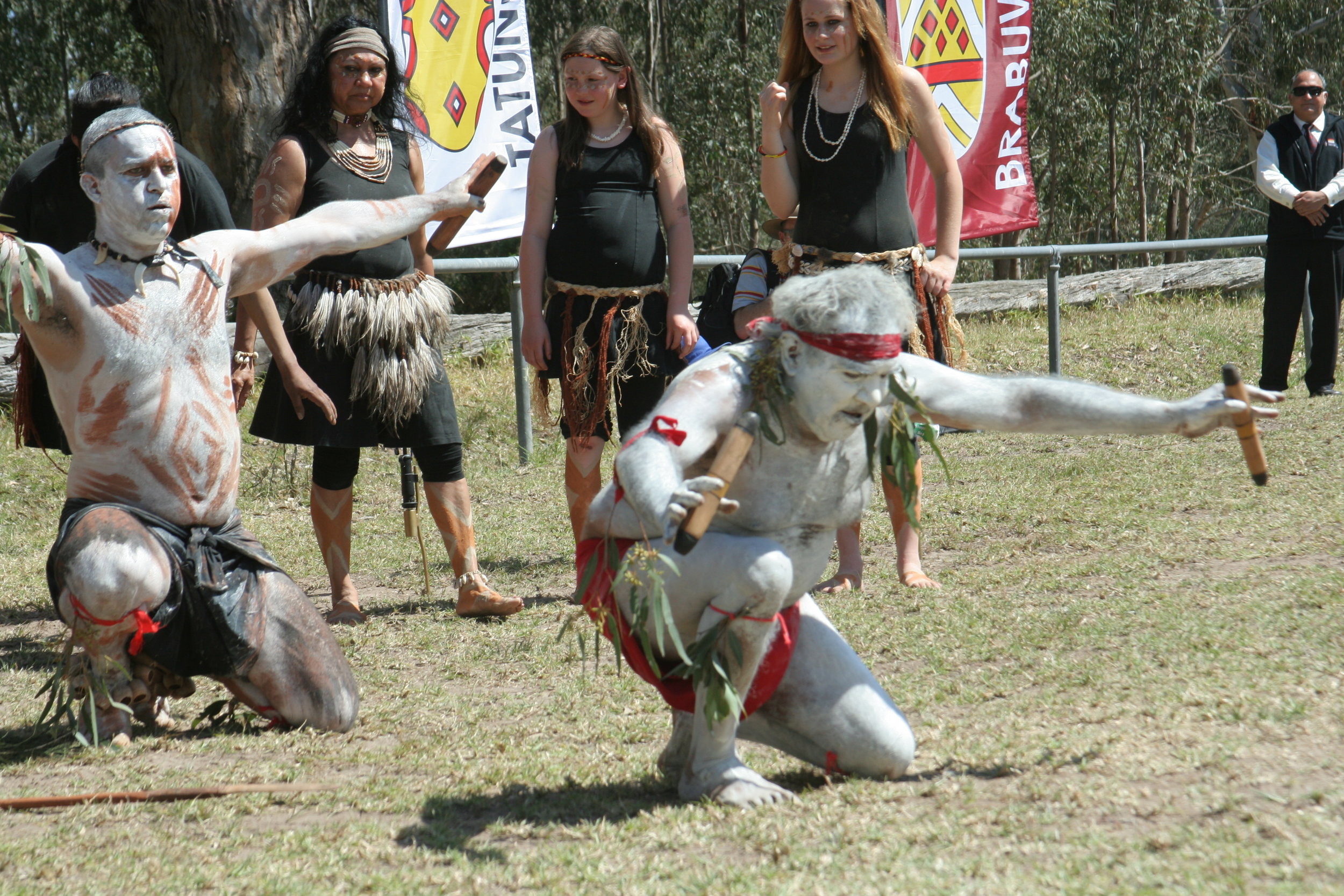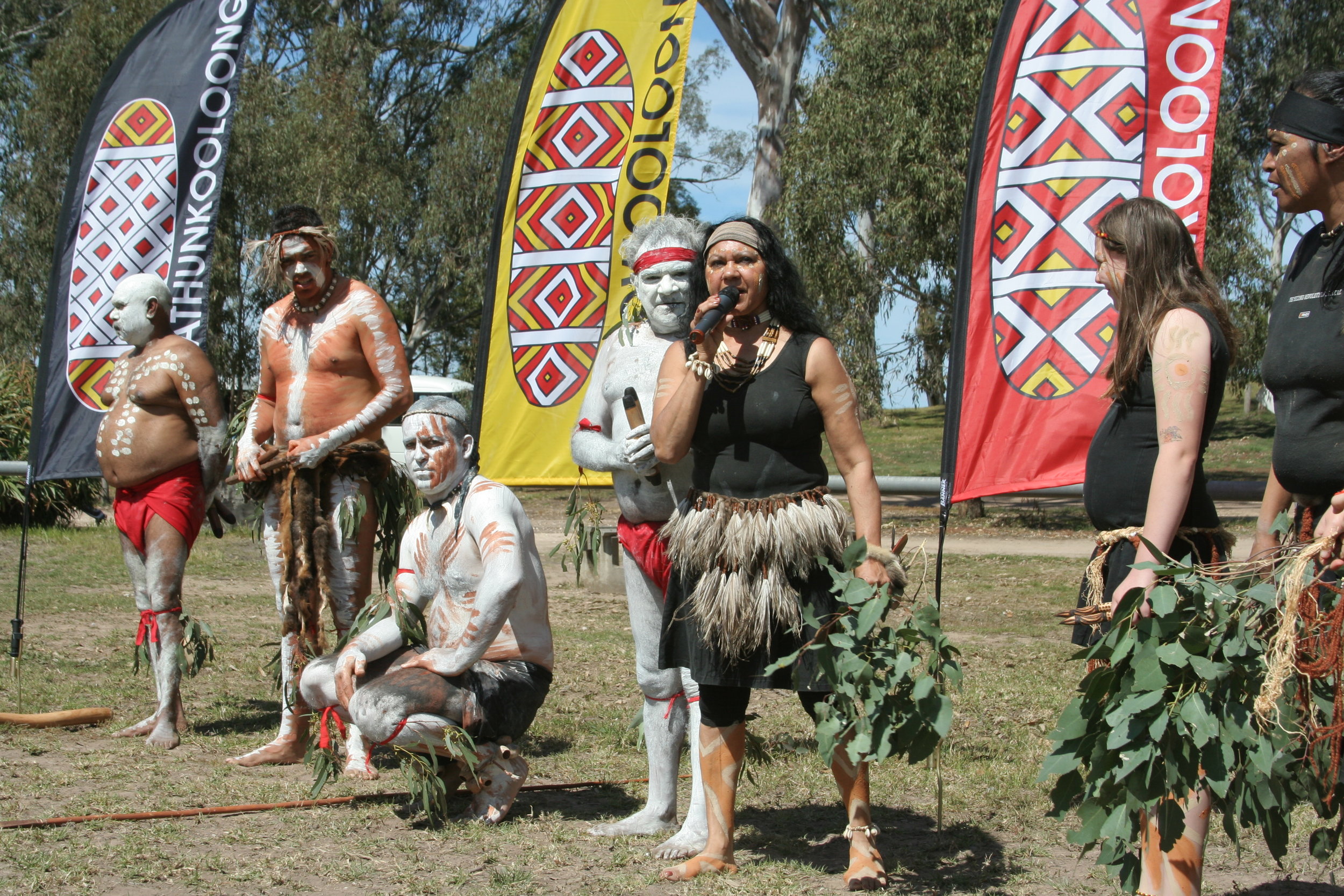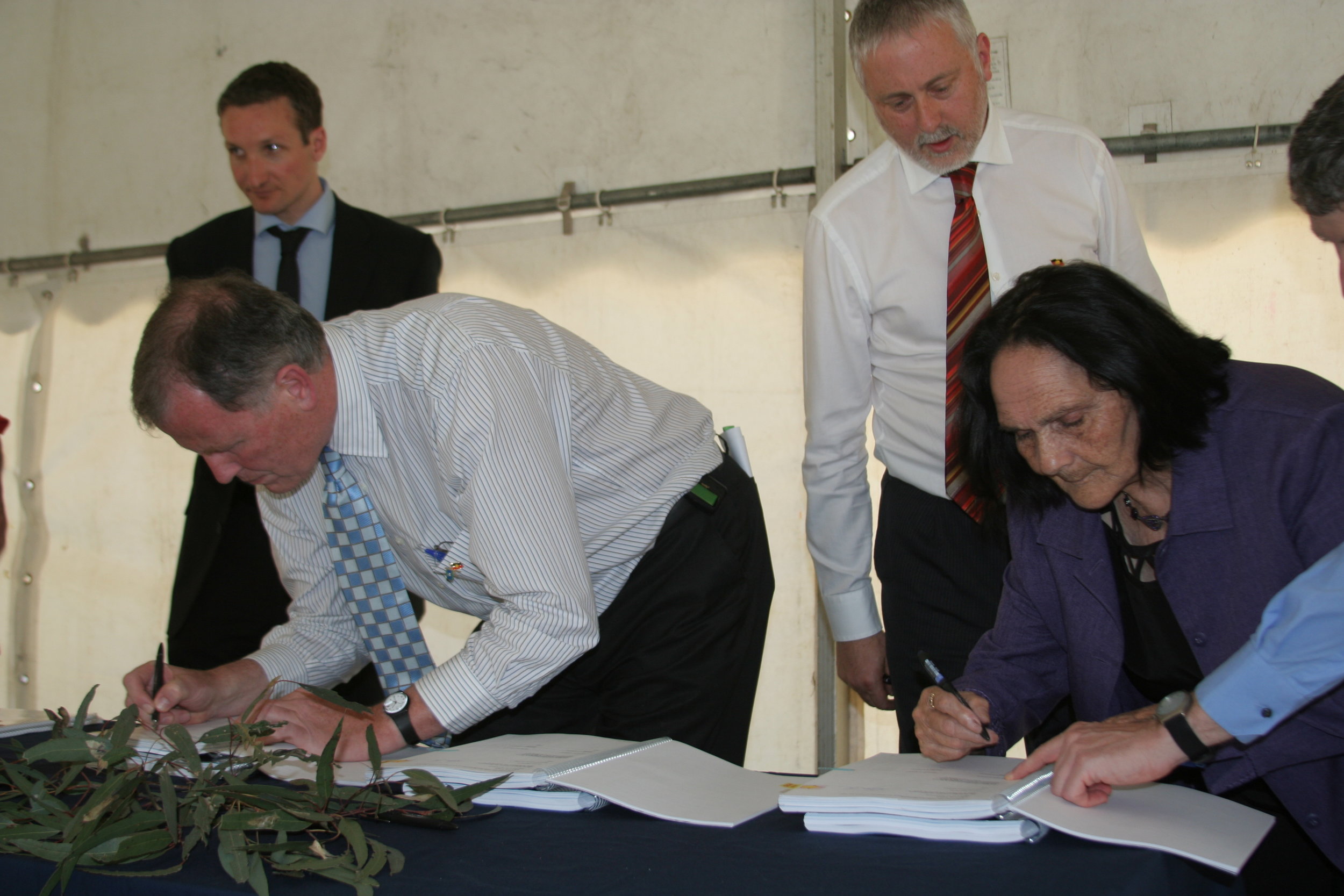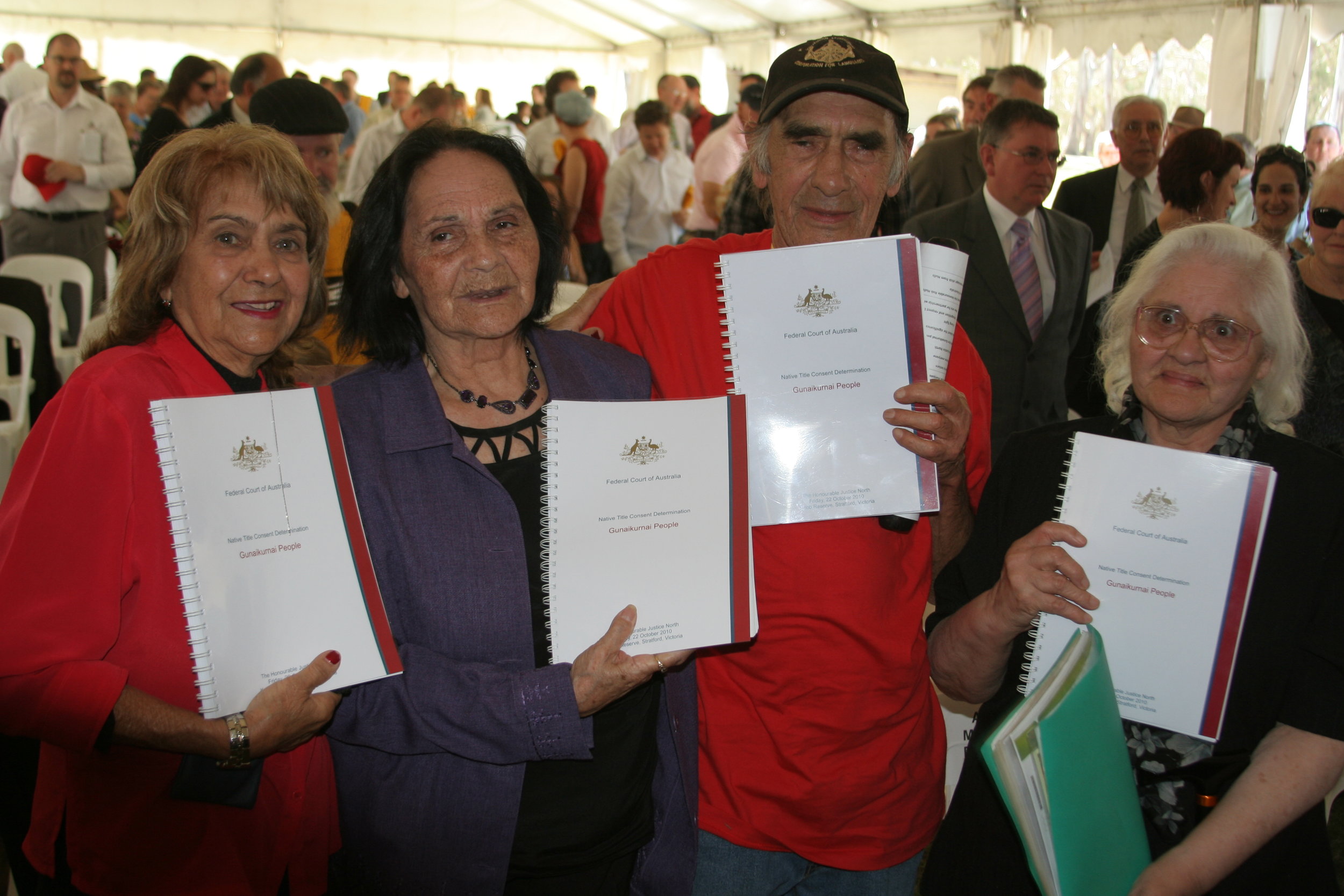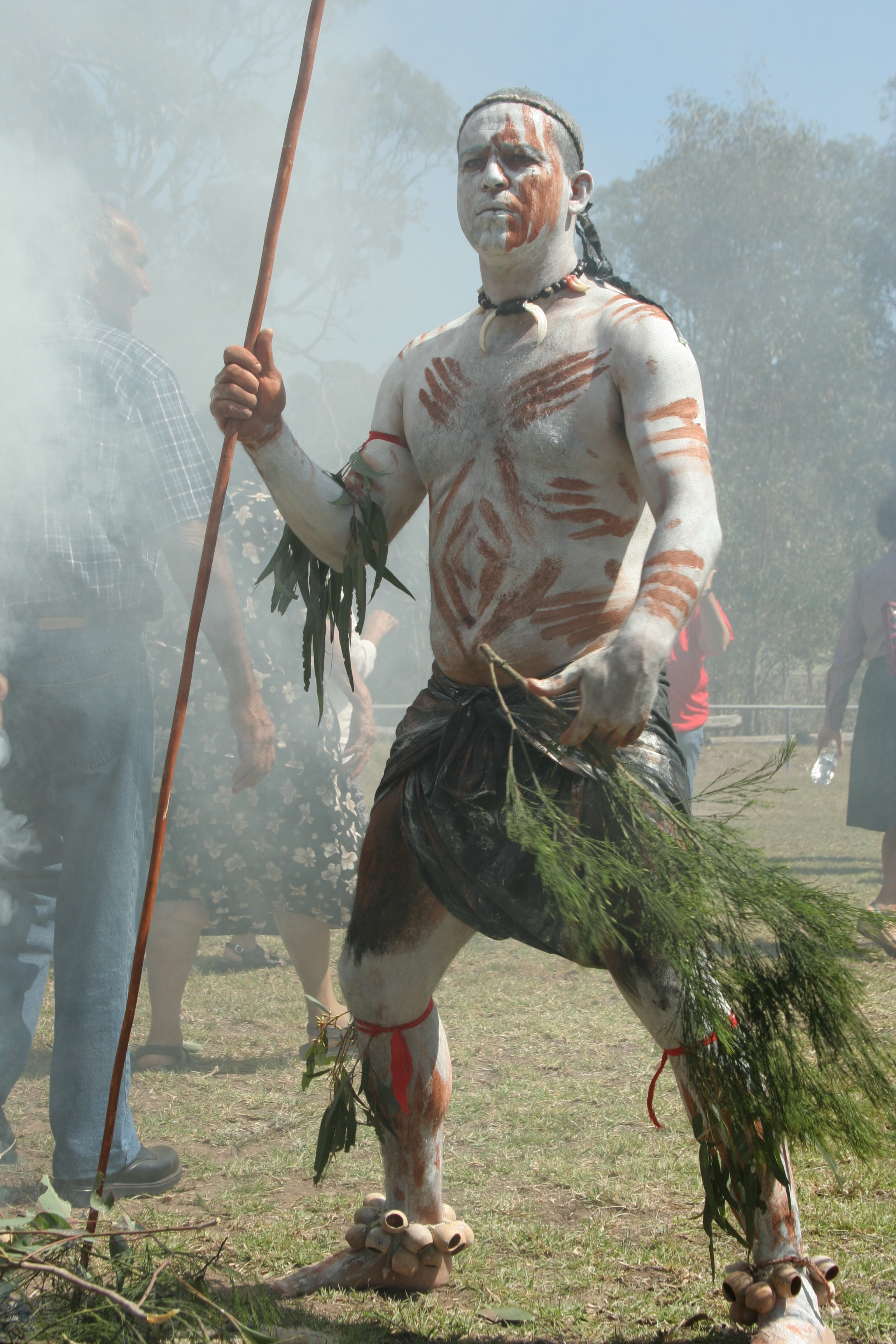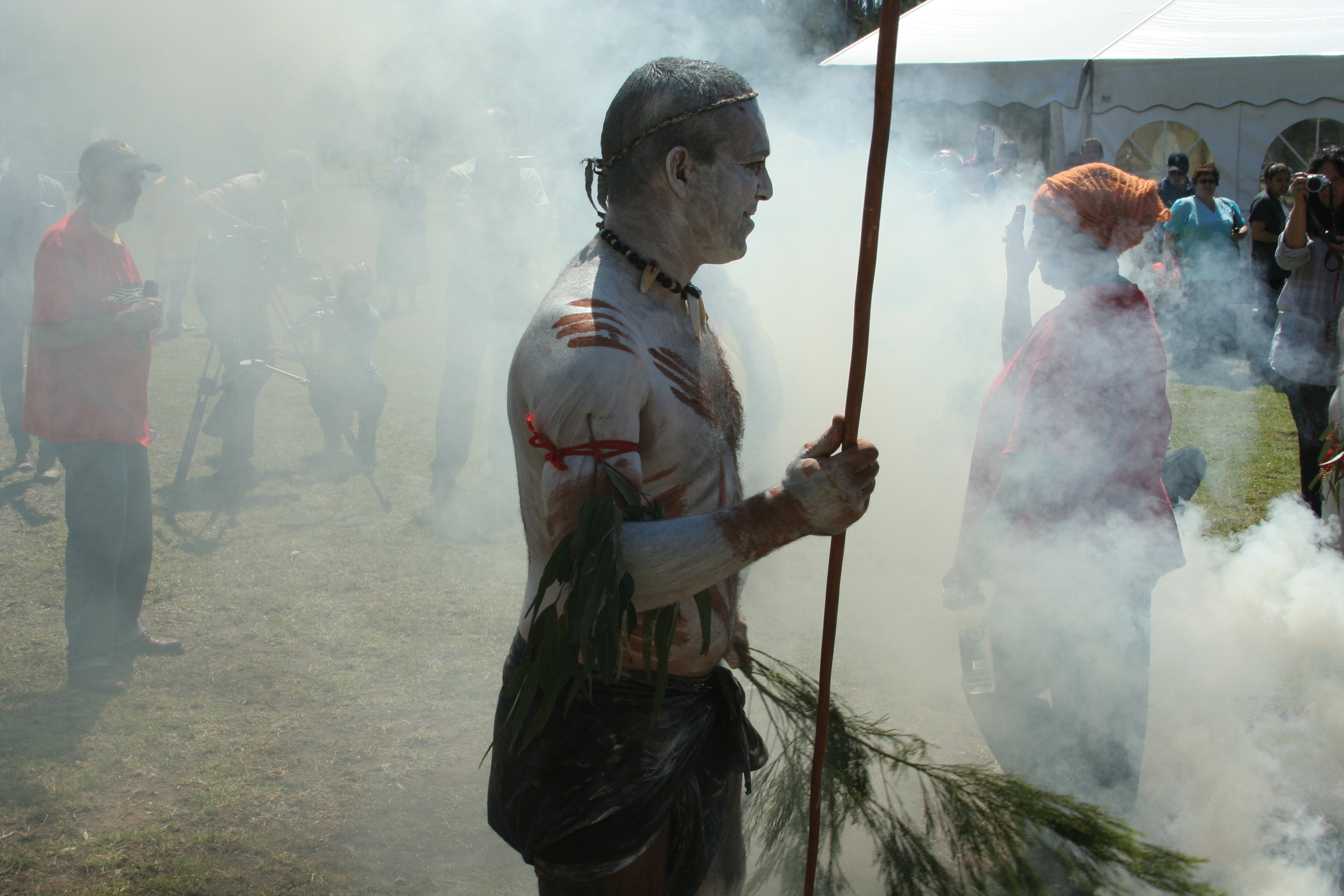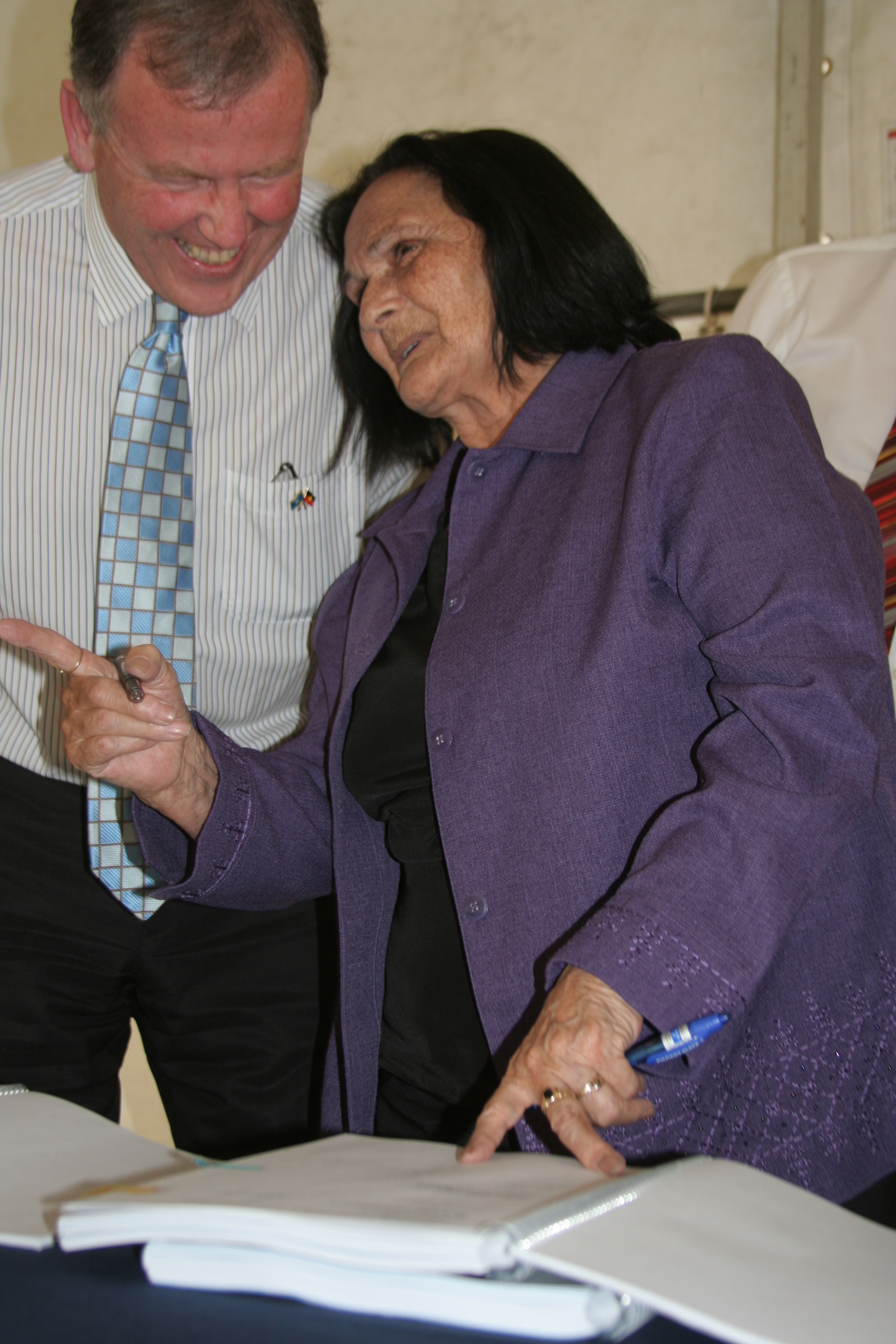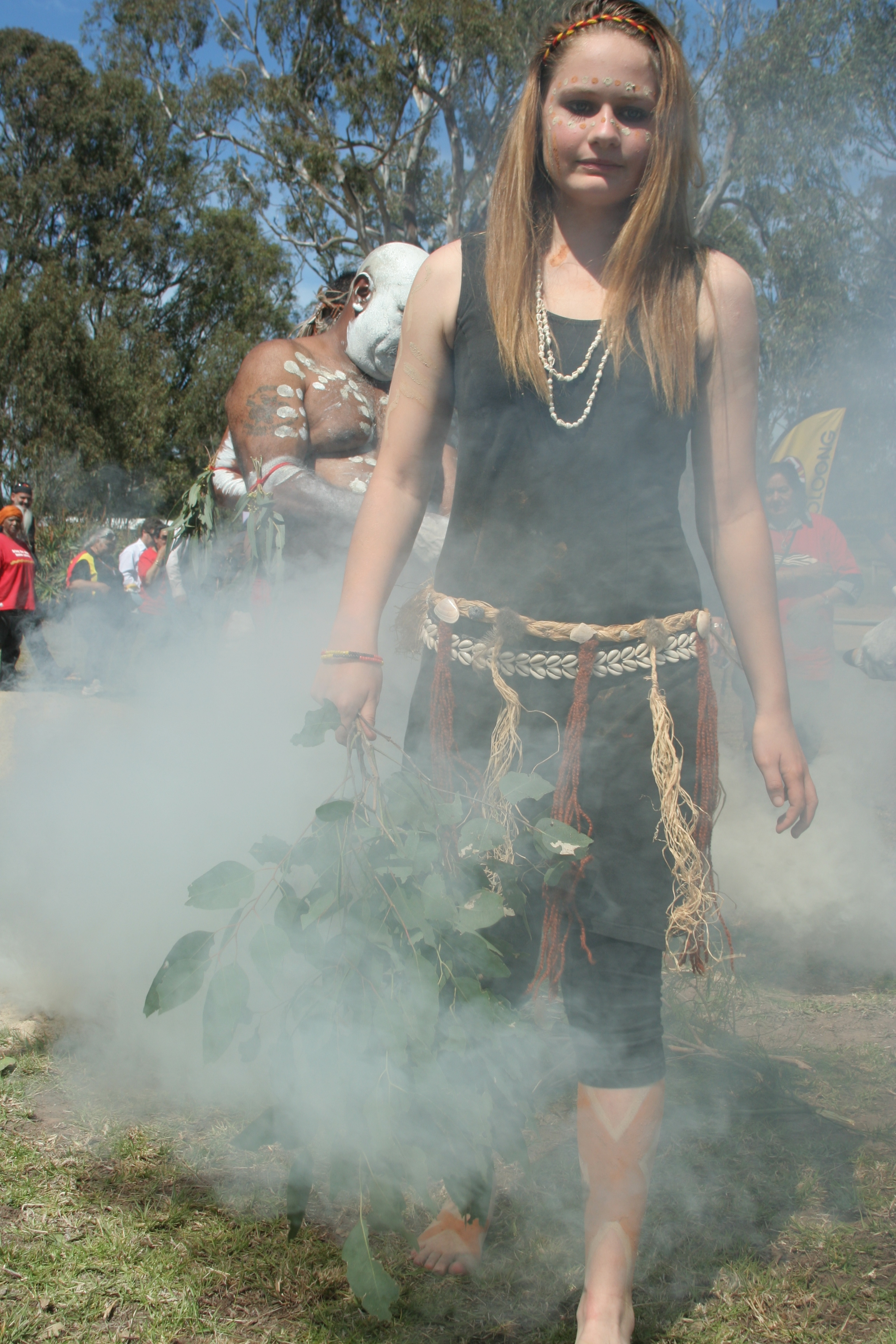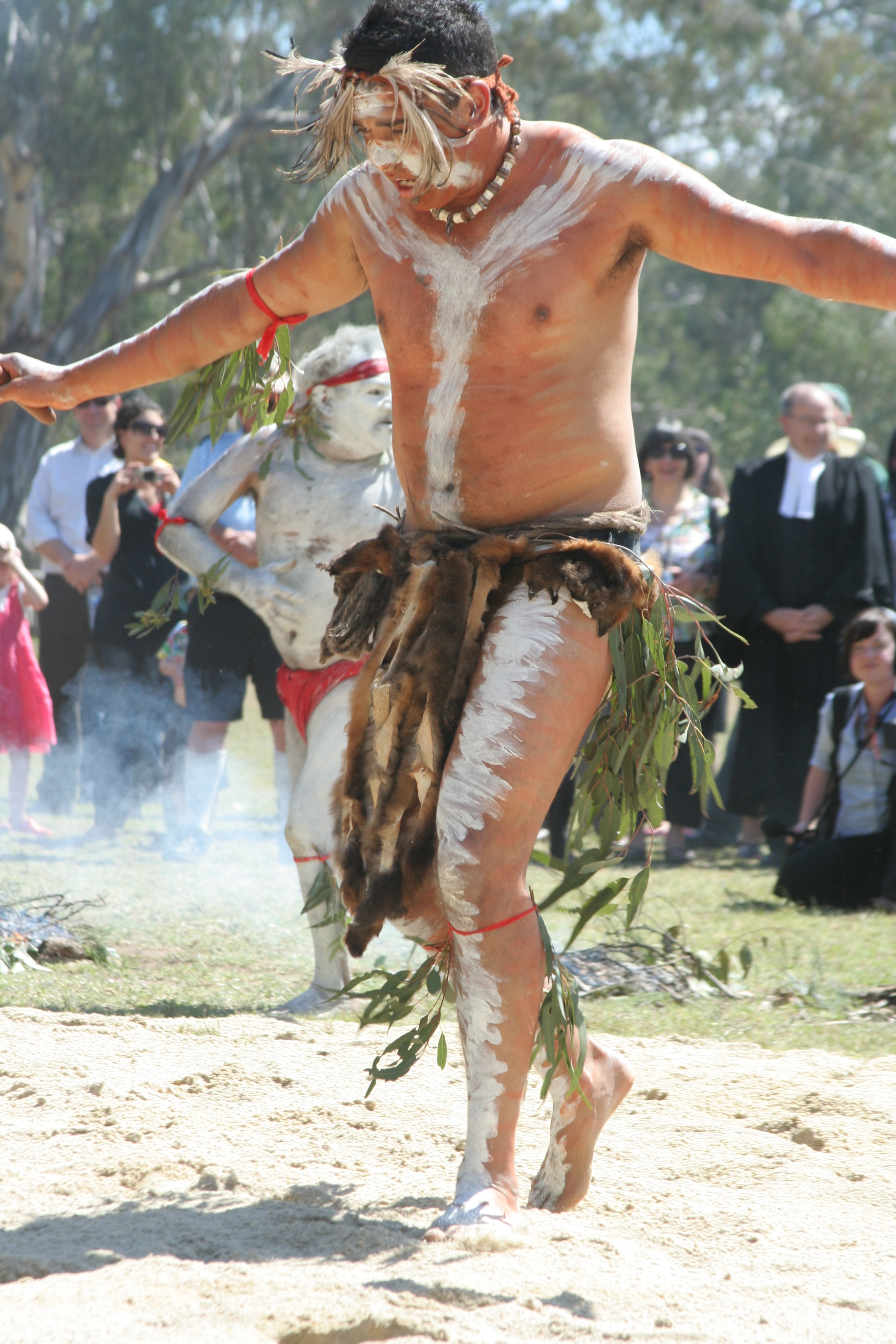Native title is the recognition by Australian law that some Aboriginal people have rights and interests to their land that come from their traditional laws and customs.
Native title was first recognised in the Australian legal system in 1992 by the High Court of Australia in the historic Mabo decision. The principles of the Mabo decision were then consolidated by the Federal Government of Australia in the Native Title Act 1993 (Cth).
Native title can exist where traditional connection to land and waters has been maintained and where Government acts have not removed it. It may include possession, occupation, use and enjoyment of traditional country. It may include the right of access to an area of land or the right to participate in decisions concerning how the land or waters is used by other people. Any native title rights and interests are subject to other existing rights (e.g. freehold or leases), and those other rights take precedence over native title rights. For this reason native title rights will vary according to the rights of other people in the area claimed.
The manner in which native title is recognised will depend on what is claimed in a Native Title claim and what is negotiated between all of the people and organisations with an interest in the area claimed. Victorian Traditional Owners also have the option of negotiating under the Traditional Owner Settlement Act 2010 (Vic).
For more information about native title across Australia, visit the National Native Title Tribunal.

